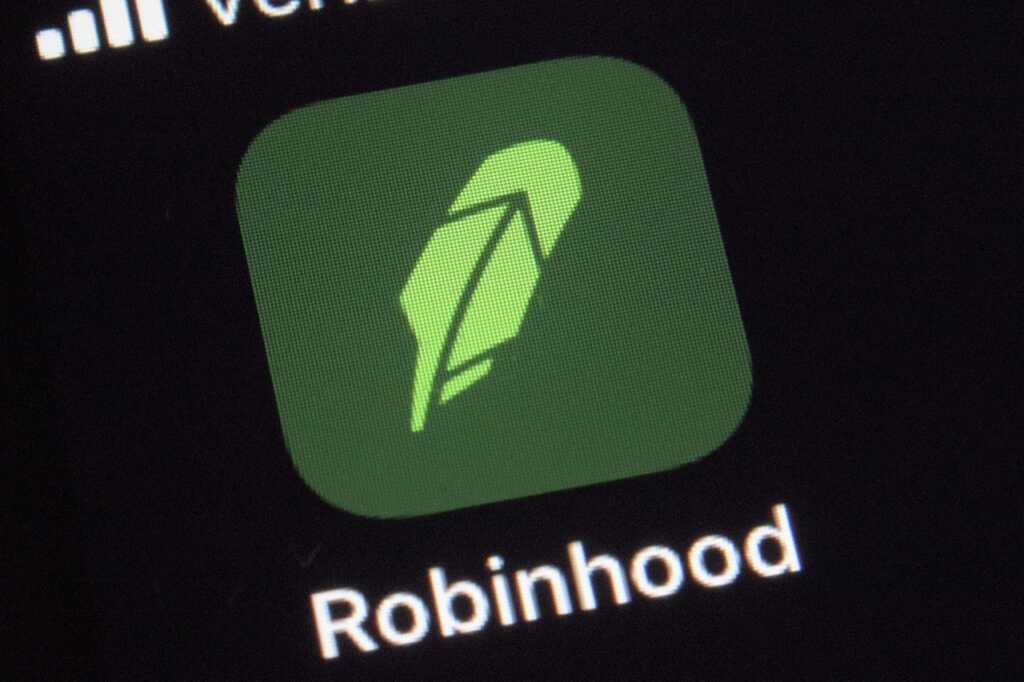The popular stock-trading app Robinhood has gained notoriety in recent weeks due to the hyper-focused media frenzy over GameStop stock and the Reddit users who sent the market into something of a tailwind when inexperienced traders used the service in an attempt to take down seemingly untouchable hedge fund managers betting on the company’s ultimate demise.
While that saga has been fodder for countless articles filled with jargon that went over the heads of most readers, there was another story brewing: one much more devastating and heartbreaking.
Twenty-year-old Alex Kearns committed suicide in June of last year after he was mistakenly led to believe he owed more than $730,000 in his trading account on the Robinhood app.
What happened?
Alex had been using Robinhood for a couple years. Between money gifted to him by his grandparents and savings he’d put away from summer jobs, Kearns amassed around $5,000, which he then used to buy and sell stocks on the app, his dad, Dan, told CBS News.
Kearns’ father said he and his wife, Dorothy, believed their son had “limited exposure” to the risks often associated with trading on the stock market and saw no issue with him using his small savings to gain a little experience.
What they didn’t know is how easy Robinhood makes it for users to buy and sell stock options — a much riskier endeavor. CBS News determined all a user has to do to be approved to buy and sell stock options in Robinhood is to check that they have “not much” experience, as opposed to “no experience,” in trading.
Dan Kearns told the news outlet he doesn’t understand “how they allowed that to happen in the first place.”
Alex looked at his Robinhood account on June 11, 2020, and discovered it had been locked, showing what appeared to be a negative balance of $730,165.72. At 3:26 a.m. the following day, Alex received an automated email from Robinhood, demanding he take “immediate action” to pay out more than $170,000 — money he didn’t have.
“He thought he blew up his life,” said Dan Kearns. “He thought he screwed up beyond repair.”
The email quickly threw Alex into a panic. Unable to get in touch with any customer service representative at Robinhood, since the company has no phone number accessible to users, Alex sent three emails to the company’s support address, asking for help to understand what happened.
He wrote: “I was incorrectly assigned more money than I should have, my bought puts should have covered the puts I sold. Could someone please look into this?”
Alex then received an automated message in response, telling him a staff member at Robinhood would get back to him “as soon as possible,” noting their response time “may be delayed.”
The young man — who was home from college due to the COVID-19 pandemic — took his life later that day. In his suicide note, Alex wrote, in part: “How was a 20-year-old with no income able to get assigned almost $1 million worth of leverage?”
“The puts I bought/sold should have cancelled out, too, but I also have no clue what I was doing now in hindsight,” he continued. “There was no intention to be assigned this much and take this much risk, and I only thought that I was risking the money that I actually owned. If you check the app, the margin investing option isn’t even ‘turned on’ for me. A painful lesson. [Expletive] Robinhood.”
The very next day, an associate with Robinhood replied to Alex’s messages. The stock-trading company told the young user the initial email was a mistake and assured him he owed no money.
“Great news!” read an email from Robinhood. “We’re reaching out to confirm that you’ve met your margin call and we’ve lifted your trade restrictions. If you have any questions about your margin call, please feel free to reach out. We’re happy to help!”
On Monday, Kearns’ parents filed a “wrongful death” lawsuit against Robinhood, accusing the company of “negligent infliction of emotional distress and unfair business practices” that resulted in their son’s suicide.
In a statement to CBS News, Robinhood said it is “devastate by Alex Kearns’ death,” noting it has “revised” its experience requirements for those seeking to trade options and has added a feature allowing customers in Alex’s situation to request a call back from a company representative.
If you or anyone you know is struggling with depression, suicidal thoughts, or you just need someone to talk to, call the National Suicide Prevention Lifeline at 1-800-273-8255. If you’re looking for counseling services in your area, consult the Christian Counselors Network.



